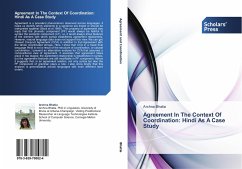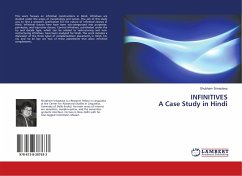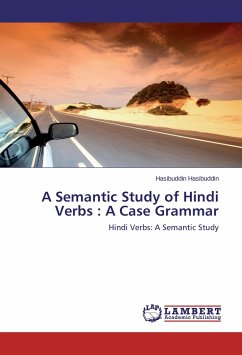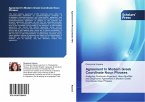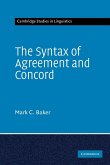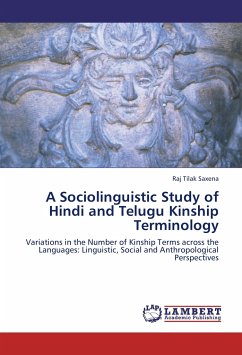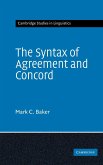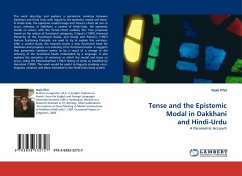Agreement is a prevalent phenomenon observed across languages. It helps us identify which elements in a sentence are linked or should be interpreted together (Bock et al 1999). This property of agreement may imply that the phonetic component (PF) would always be faithful to syntax/ the semantic component (LF), i.e. it would always show features of the element with which syntax establishes agreement relationship. However, natural language data does not support this view. We can get Closest Conjunct Agreement (CCA) in addition to Full Agreement with the whole coordinated phrase. Here I show that CCA in a head final language Hindi is not a result of the structure of coordination, or clausal coordination. I present an alternative analysis for CCA that assumes a compositional view of agreement. It assumes that agreement takes place in two stages: the agreement relationship is established in syntax, but the agreement features are still modifiable in PF component. Hence it suggests that, in an agreement relation, not only syntax but also the PF component of grammar plays a role. I also show briefly that this analysis is generalizable across languages with even different word orders.
Bitte wählen Sie Ihr Anliegen aus.
Rechnungen
Retourenschein anfordern
Bestellstatus
Storno

